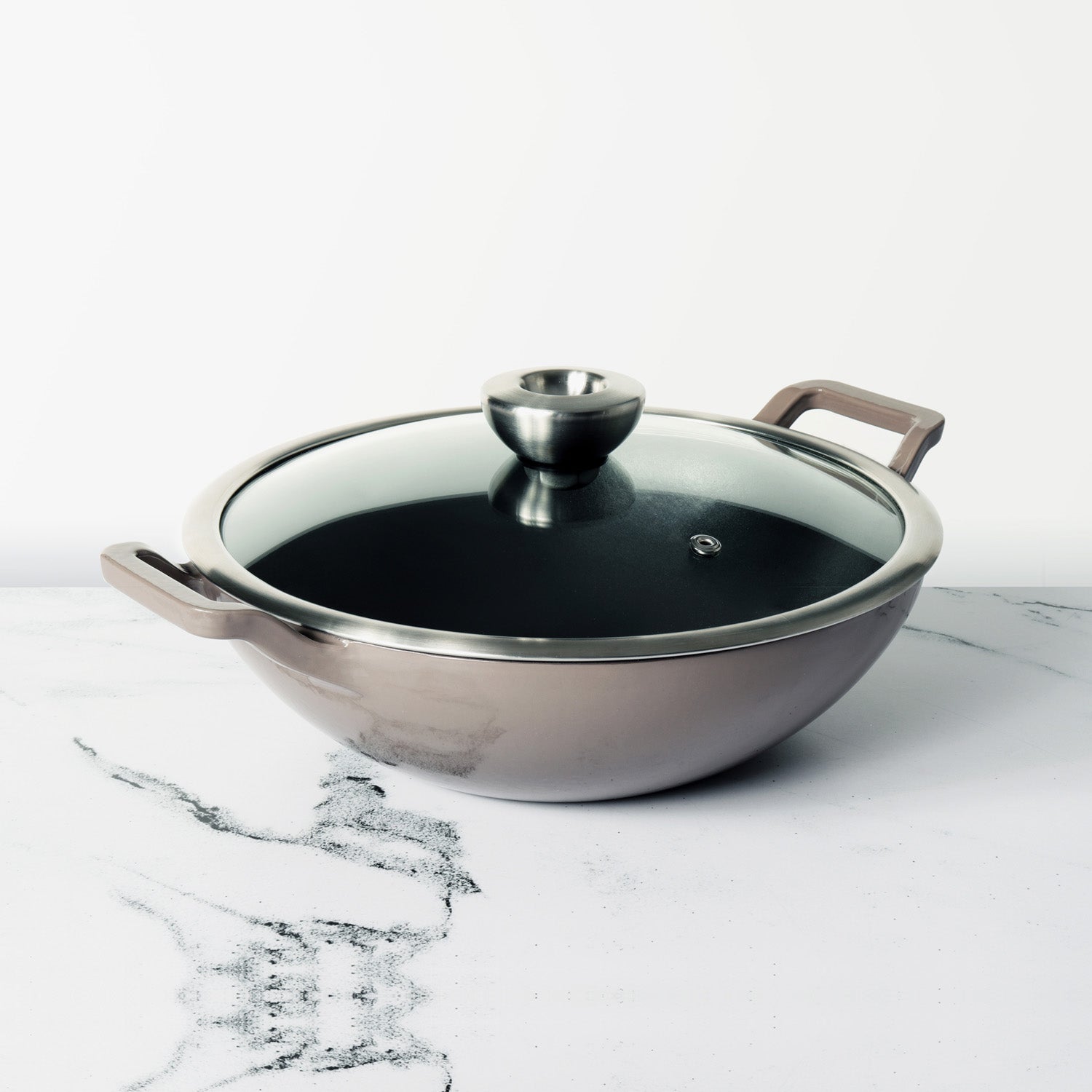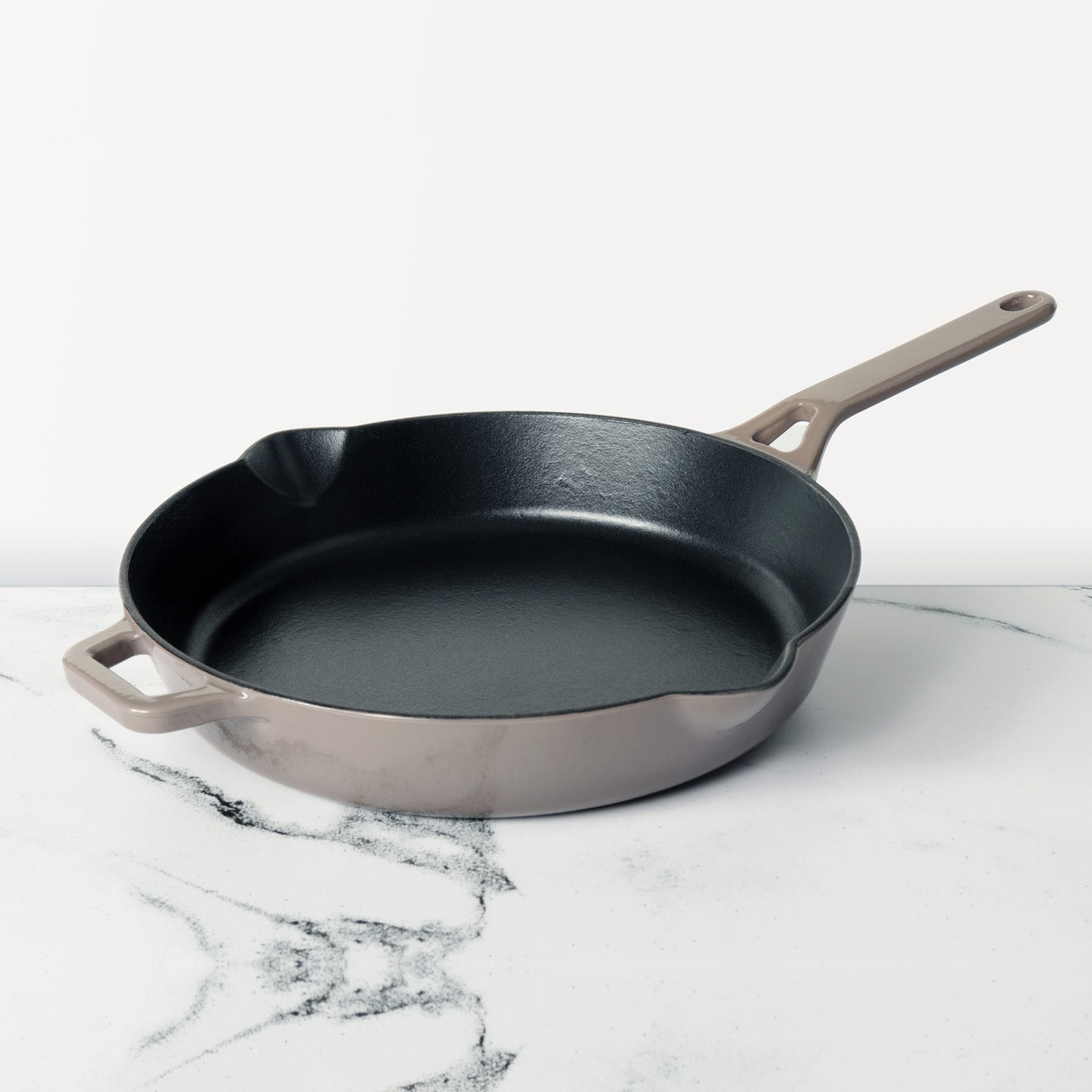St. John's wort is a herb that comes from a flowering plant called Hypericum perforatum. It is often used as an alternative medicine to treat depression, anxiety, and ADD/ADHD (ADHD).
The plant has a chemical called hypericin, which may be the main reason why it works so well. There may be a role for other things like hyperforin and flavonoids.
Table of Contents
About St. John’s Wort plant:
St. John's wort is a plant that grows in Europe, North and South America, New Zealand, Australia, and Eastern Asia. It has yellow, star-shaped flowers with five petals. The plant grows in sunny places with good drainage. It gets between 50 and 100 cm tall.
Medical use of St. John’s Wort:
Most of the time, St. John's Wort is used to treat depression and the symptoms that can come with it, such as anxiety, tiredness, loss of appetite, and trouble sleeping. There is strong evidence from science that it works for mild to moderate depression.
Other uses include treating heart palpitations, moodiness, and other symptoms of menopause, mental disorders with physical symptoms, attention deficit-hyperactivity disorder (ADHD), premenstrual syndrome (PMS), obsessive-compulsive disorder (OCD), social phobia, and seasonal affective disorder (SAD).
People have tried St. John's wort to assist them in quitting smoking, for fibromyalgia, chronic fatigue syndrome (CFS), burning in the mouth, migraine and other types of headaches, nerve pain, nerve damage and muscle pain, all over the body pain that goes down the sciatic nerve in the leg, and irritable bowel syndrome. It is also used to treat HIV/AIDS, hepatitis C, herpes simplex, cancer (including brain cancer), to help unclog arteries, to lose weight, and to treat a disease that makes the skin lose its colour.
St. John's wort can be turned into an oil. Some people who have trouble digesting take this oil by mouth. Some people put this oil on their skin to treat bumps and scrapes, inflammation and muscle pain, scaly, itchy skin (psoriasis), first-degree burns, wounds, tooth pulling, bug bites, haemorrhoids, nerve pain, and a disease that makes the skin lose its colour. But it's risky to put St. John's Wort on your skin. It can make you very sensitive to the sun.
Benefits of St. John's Wort:
- Antidepressant
St. John's Wort is best known as a treatment for mild to moderate depression. It may be the herb that has been studied the most for this problem. Thousands of studies and clinical trials have been done to test its effectiveness as an antidepressant.
It has the active phytonutrient hypericin, which, along with hyperforin, is one of St. John's Wort Is most important active ingredients. Many studies have shown that the herb works just as well as traditional antidepressants but has fewer side effects for mild to moderately depressed people. Researchers aren't sure exactly how St. John's Wort works, but some think it works like SSRIs (selective serotonin reuptake inhibitors) because it makes serotonin, dopamine, and norepinephrine available to the brain.
Early research suggests that St. John's Wort also lowers levels of the stress hormone cortisol and increases the activity of gamma-aminobutyric acid (GABA), which is a natural relaxant in the brain. It is a very mild monoamine oxidase (MAO) inhibitor that doesn't do much in the clinic. MAO breaks down serotonin and norepinephrine, which are two chemicals in the brain. St. John's Wort may help with mild depression because it blocks MAO and raises norepinephrine. At first, people thought that hypericin was the only thing that made St. John's Wort work as an antidepressant or to make people feel better. However, hypericin does not work alone. St. John's Wort works as an antidepressant because of how its many parts, like xanthones and flavonoids, work together. St. John's Wort may also stop serotonin from binding to its receptors.
It's important to know that St. John's Wort can help with mild to moderate depression, which includes the day-to-day blues that can still be painful and hurt your life. For major depression that makes you want to kill yourself, it is best to talk to a healthcare professional.
- SAD (Seasonal Affective Disorder) (Seasonal Affective Disorder)
St. John's Wort has also been shown to help with this kind of depression, which only happens in the winter because there isn't enough sunlight. Spending time every day in full spectrum light is one of the best ways to treat SAD. However, research has shown that using this herb along with phototherapy works even better. Even though this plant can make you more sensitive to light, lightbox therapy can be used safely with St. John's Wort because lightboxes don't give off ultraviolet light.
- OCD (Obsessive Compulsive Disorder) (Obsessive Compulsive Disorder)
Recent research has shown that SSRIs are effective for treating OCD. This has led researchers to wonder if St. John's Wort could be used as a natural alternative. In a small clinical study, St. John's Wort was given twice a day for 12 weeks to 13 people with OCD. At the end of the study, clinicians said that 42% of the participants had "much" or "very much improved," 50% had "minimally improved," and 8% (one person) had "not changed." At the very least, it was decided that St. John's Wort deserves more research as a way to treat this painful condition.
- Signs of PMS
In 2010, S. Canning, N. Orsi, and others at the University of Leeds' Institute of Psychological Sciences looked at how well St. John's Wort works to treat PMS. The results of this randomised, double-blind, placebo-controlled trial showed that "St. John's Wort was statistically more helpful than the placebo for food cravings, swelling, poor coordination, insomnia, confusion, headaches, crying, and fatigue."











Leave a comment